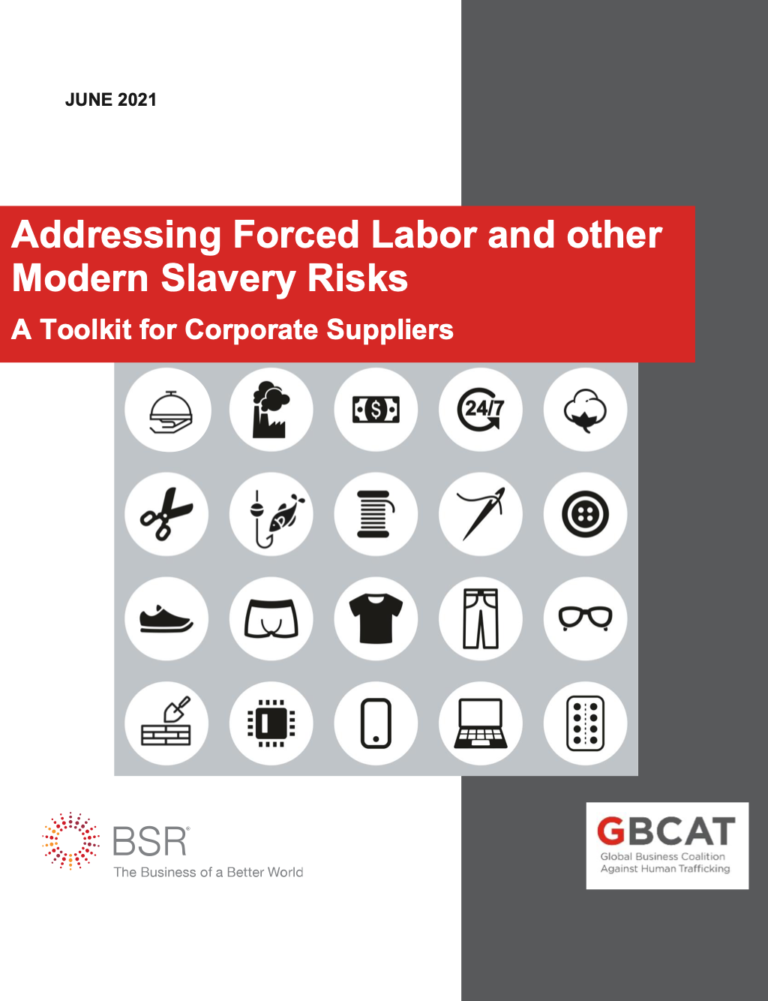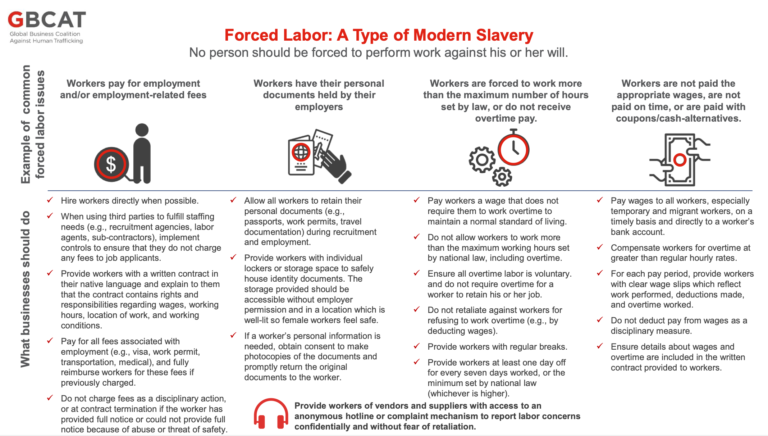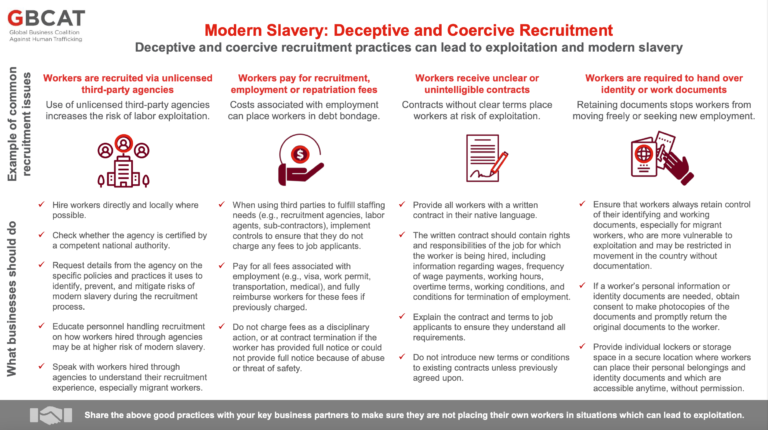Labor Migration in Asia: Impacts of the COVID-19 Crisis and the Post-Pandemic Future
COVID-19 resourcesGuidanceSince 2011, the Asian Development Bank Institute (ADBI), the OECD, and the International Labour Organization (ILO) have been collaborating to organize the Annual Roundtable on Labor Migration in Asia. The 10th anniversary of this event was marked in...Read More



